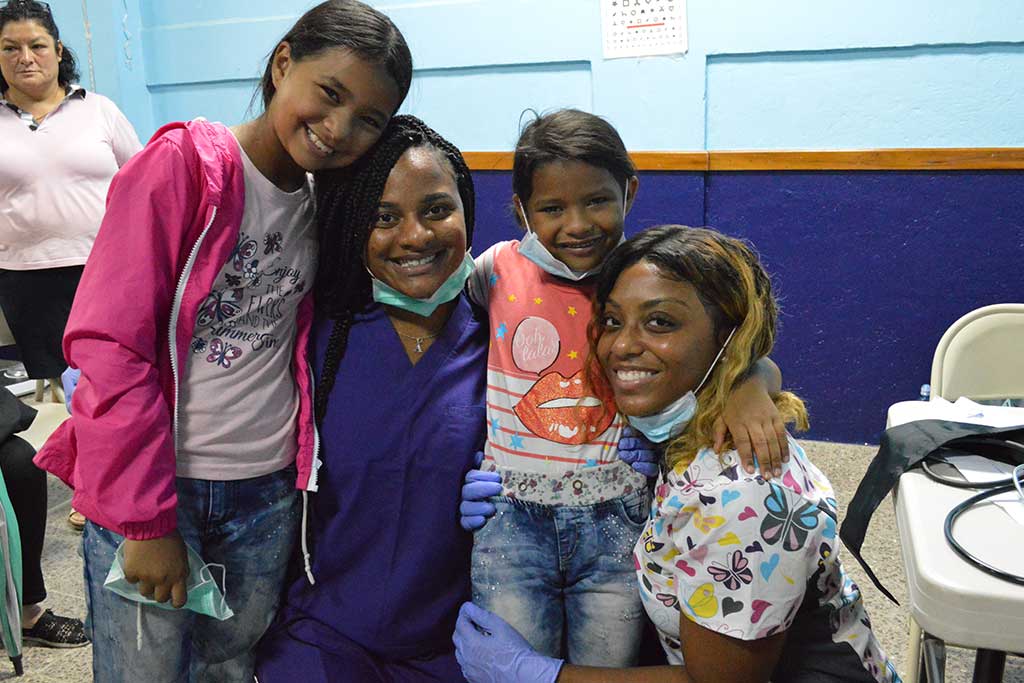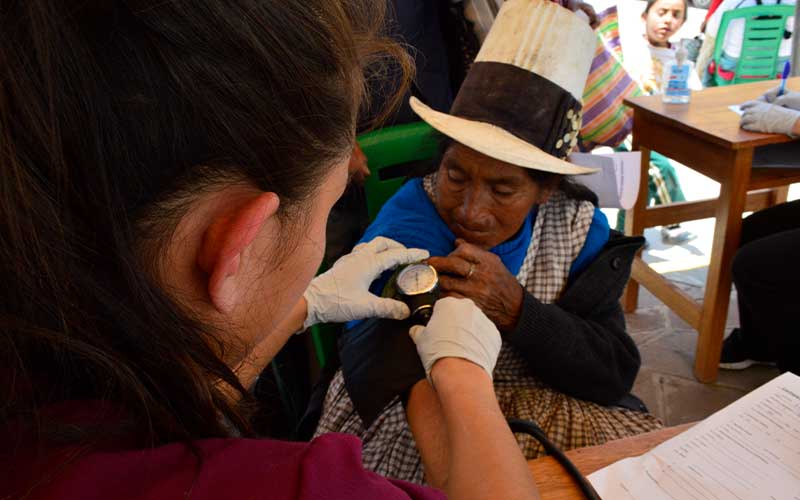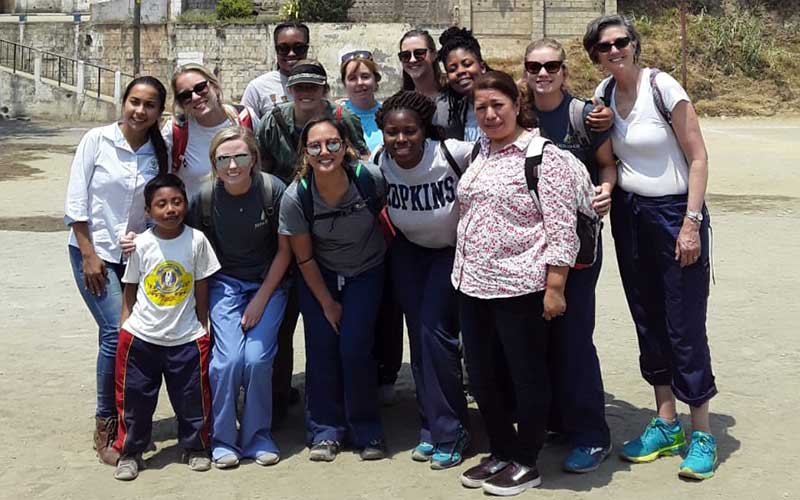Medical students and professionals are forced to practice a constant balance between soft skills and hard science – showing compassion for patients, while also being able to effectively communicate the reality of their lifestyle choices and the effects on their health. The wider the population a medic has to hone these skills with, the more effective and accurate their service will be. Read on to learn 5 distinct ways in which medical professionals benefit by practicing abroad.

Access to A Global Healthcare System
Not all healthcare systems were created equal. The system in place in your home country might act as your standard, but you’ll soon realize that practicing abroad can be different in several ways. You should learn the healthcare system’s structure of your visiting country. For example, where the hospitals or specialties nearby are and what the workplace hierarchy is. The facility will always have a head administrator so make sure you know who this person is and introduce yourself.
Learning about a different healthcare system will allow more insight of your own country’s system. You will take note of the patient experience under each healthcare structure to determine best patient practices. It will also help you to adapt to any changes that may take place in your home country, allowing you to be more flexible and adaptable in your role as a medical professional.

Ability to Work With Fewer Resources
If you choose to volunteer in Latin America, you might find that the healthcare facilities in the bigger cities mimic those in the Western world fairly accurately. However, if you’re working in a more rural area the limitations might be striking.
The majority of the healthcare facilities in developing countries maintain only the most basic necessities. Electricity can oftentimes be faulty and lack proper cooling and heating throughout the center; the standards for sterility, cleanliness and maintenance might be far different from what you’re accustomed to; don’t always expect to come across any of the advanced or even modern technology and tools. And yet, the staff in these facilities still manage to get the job done, and you will, too.

Improvement of Foreign Language Skills
Every medic knows that communication with a patient is of utmost important. You need to understand the reason for their visit, any symptoms being described, and how to properly communicate the next steps. Working abroad will force you to learn the language of your visiting country and more importantly, specific medical terminology.
With Spanish being the second most widely spoken language in the world, it is likely that you will find yourself with a Spanish speaking patient at some point while practicing. Choose to enroll in Medical Spanish courses while abroad to get the full immersion experience, and benefits of practicing overseas. It will absolutely come in handy upon your return, and will even make your resume stand out when applying to positions after med-school.

Exposure to Regional Illness & Disease
A survey published by Academic Medicine noted that pediatric residents who spent time in Peru and Guatemala found that 18 percent of their patients had diseases they were unfamiliar with. Being exposed to these new illnesses allowed them to gain more knowledge and understanding of regional illnesses and diseases they otherwise would never have encountered.
You will advance your standing in the field simply by exposing yourself to learning about the illnesses and diseases of another region. Should a similar situation crop up while practicing back home, you will be the one the staff calls on to assist. Your experience might allow you more freedom of the patient’s clinical planning and permission to perform the procedure yourself.

Insight on Environment & Health
Medical professionals who travel abroad learn about the impact of environmental factors on human health firsthand. Being in-country gives you insight on the day-to-day lives of the locals. The environment they live in, their diets, and the resources they have access to can all contribute to various health conditions. The ability to make the visual connection between the constant activity of volcanoes that spew ash in the air in Costa Rica, and the wait to see patients with chest congestion, can have a remarkable impact on your understanding of the interaction between the environment and health.
Even more than the common experiences of traveling abroad, medical professionals who choose to practice internationally have the opportunity to be exposed to a global healthcare system, learn to effectively handle various tasks with fewer resources, improve foreign language skills, expand their knowledge of illnesses, and gain more insight on environmental impact. All of this is what contributes to being a more effective medic for all patients. This is why it’s so important that medical professionals get the experience of practicing abroad.
